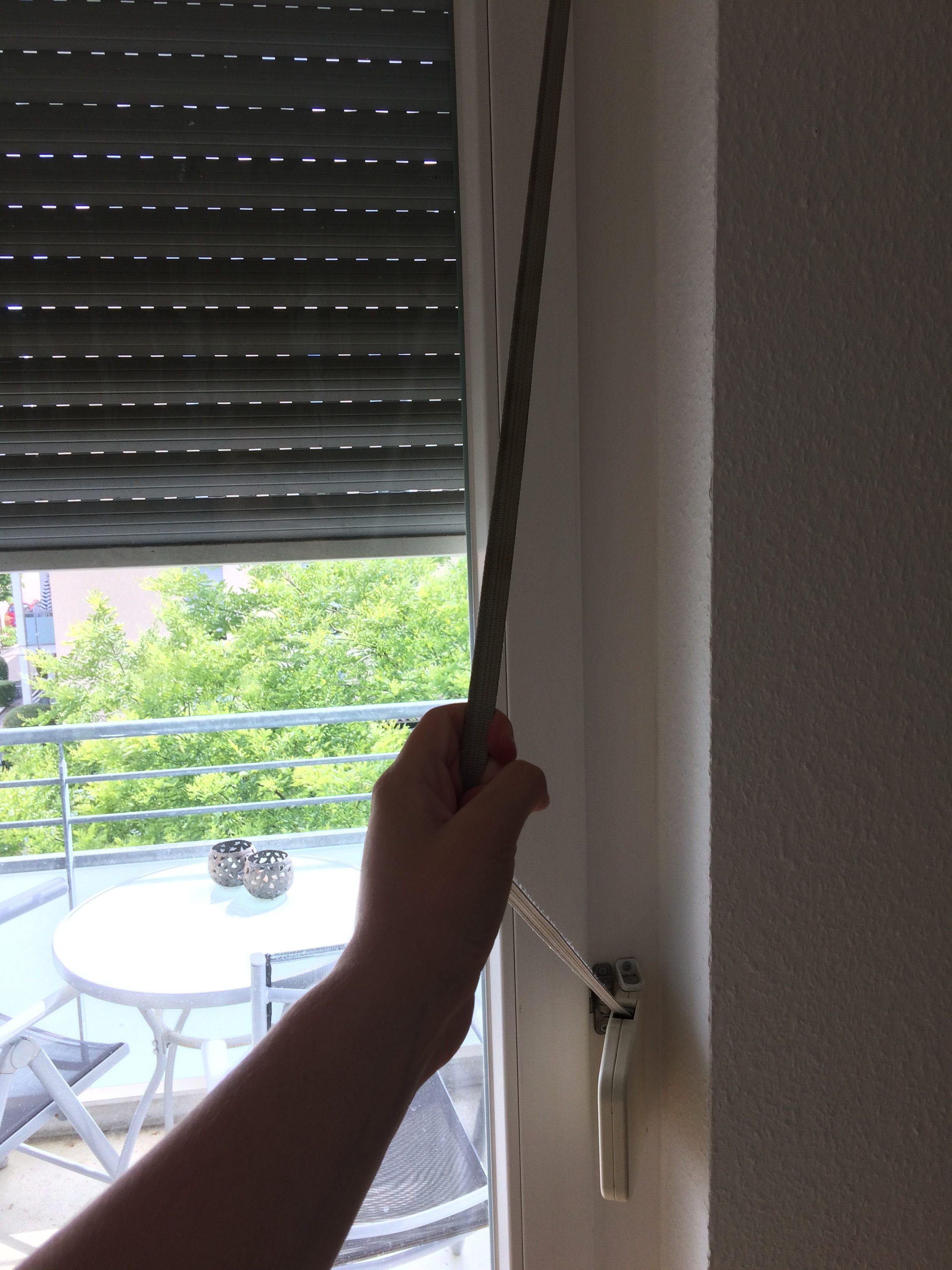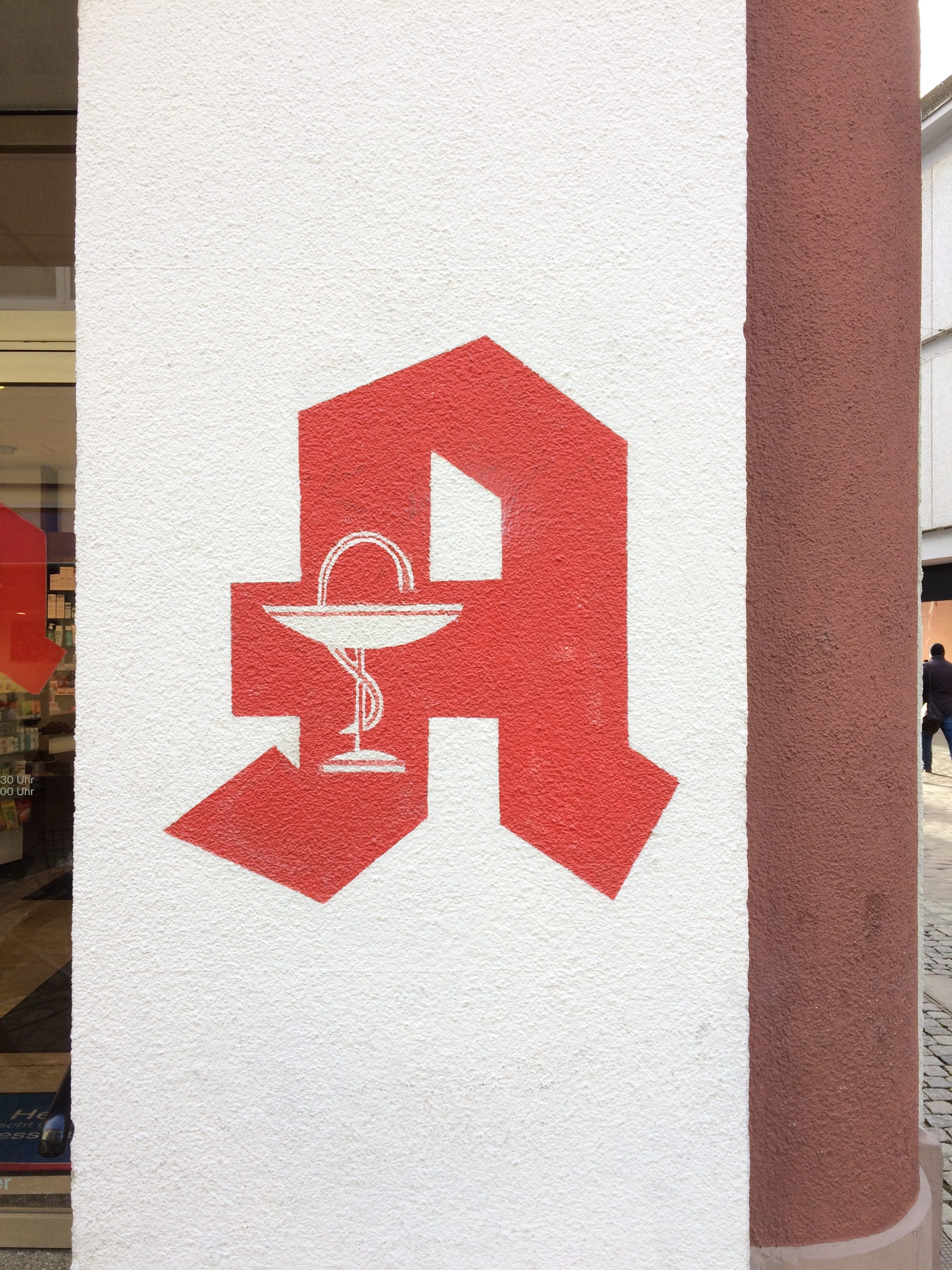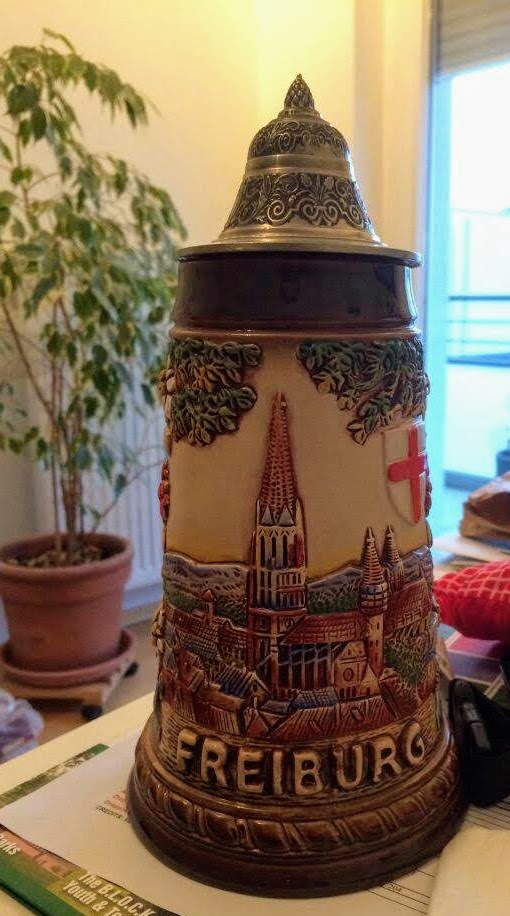Now that my semester in Freiburg has ended and I’m headed home soon, I thought it would be a good time to reflect on my experience and consider what might have been nice to know before I got here!
1. You don’t need as many clothes as you think. When I was packing, I had to fit everything for the semester into 1 carry-on suitcase, 1 large suitcase weighing less than 50lbs, and my backpack. That really doesn’t seem like a lot when you’re packing, but it certainly feels like a lot when you’re carrying it across Germany after an overnight flight! Freiburg has some of the most clement weather in Germany, but there’s a very dramatic season change between mid-February and mid-July, and it can be hard to find a balance between winter clothes and summer clothes. Nevertheless, I feel like I brought some clothing items that I wore frequently and others that I almost never wore, especially my formal clothing. On the other hand, I know two guys who ended up needing a suit for exactly one occasion and didn’t have one.
(1.a. You can buy some stuff in Germany! Pack enough of your toiletry items like shampoo, conditioner, toothpaste, etc. to last you at least a week or two, but past that, it’s probably a good idea to just plan on buying things in Germany. The laundry detergent that you probably want is the the “vollwaschmittel”, which is the most general type. Don’t accidentally buy bleach or fabric softener!)
2. To lower your roll-shutters, you pull the rope horizontally towards you out of the box. Before I figured this out, I got stuck with my shutters open and couldn’t lower them again- which is a problem when you have no curtains!

3. Your glass and metal waste goes in community recycling bins located somewhere in the community. Plastic and foil packaging goes in the gelbe Sack (“yellow bag”); paper and cardboard go in the paper/carton bag, and food leftovers go in the organic waste. But what about empty glass jars, tin cans, or bottles without a deposit? These are the questions that lead to stacks of trash building up in the corners of exchange students’ apartments! It can be extremely confusing to do something as simple as throw out a used tissue or an empty chips back; I know multiple people who suddenly found out they’d been doing something wrong for weeks!

4. You can only buy medicine at an Apotheke (pharmacy). You might also want to consider bringing a stock of your own basic medicines (double check that they’re legal in Germany and carry them in their original packaging). Unlike in the U.S., super markets and convenience stores aren’t allowed to carry even basic over-the-counter type medicines like ibuprofen, medicated cough drops, or cough syrup. If you want something more than just herbal teas and lozenges, you need to go to a pharmacy.

5. Lidl’s “bakery” section has good pastries and bread. Lidl is a “discounter”, which is a type of German grocery store that sells things on the cheap- most famous is probably Aldi, which is an abbreviation of “Albrecht Discounter”. Lidl’s bakery section offers bakery-quality items at about half the price you’d find at a traditional bakery.
6. If you’re patient and wait for a sale, you can find fantastic German chocolate bars for about 65 cents a piece. I stock up whenever a grocery store runs a sale, and the discount is almost 50% off regular price.
7. German dorms are often co-ed; host families can be distant. Only three people in my program (including me!) lived with host familes. Two lived alone, and the rest (about 20) lived in Wohngemeinshaften (residence communities/dorms). None of these are without issues, so it just depends on what you’re comfortable with and what you’re looking to get out of your experience. The dorms let you get to know other college students, but they can be dirty if people don’t do their chores. They’re arranged as apartments of 4-6 students who each have their own bedroom, and there’s a shared living room and kitchen. The two bathrooms are often divided into men’s and women’s, but not always. Single-apartments are a single room with a bed, a desk, and a kitchenette. These can be a little bit isolating, since you’re not living with anyone. Host families can be a little awkward- you’re suddenly living in the middle of someone else’s family. Two students in my semester didn’t have much contact with their host family at all, but the residences tend to be nicer than the student apartments.
8. Flea markets and re-sale are great ways to buy unique souvenirs on the cheap. I spent a few weekends heading to flea markets and managed to pick up some really cool souvenirs that would’ve cost 10 times as much new (that’s not an exaggeration). I also managed to find a dirndl ensemble (traditional Bavarian folk dress) at a resale shop in Munich for about a third of what a new outfit would have cost me.


9. The Deutsche Bahn app is worth downloading! The interface can help you plan trips that use regional transportation, “normal” train, and high-speed ICE trains. You can book tickets, check if a particular train is on time, and all sorts of useful things. Google maps and GoEuro.com are also great for figuring out how to get around cities and Europe (respectively).
10. It’s hard to balance the world. In Europe, my day started when my friends back home were just going to sleep, and I was going to sleep just as they were getting out of classes and work. On the weekends, I was busy trying to experience Europe while I had the chance. It can be hard to find the time to keep in touch with people back home. On the flip side, it can be tempting to just sit inside and use the internet to talk to people who are already your friends rather than go out into a world populated by strangers who speak an unfamiliar language. Finding the balance between experiencing your study abroad and not neglecting your relationships with people back home is hard (but worth figuring out!).


